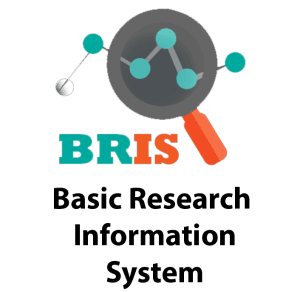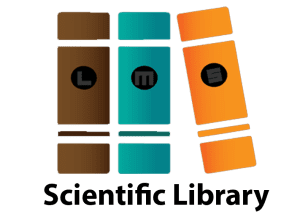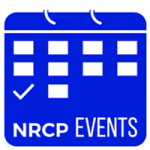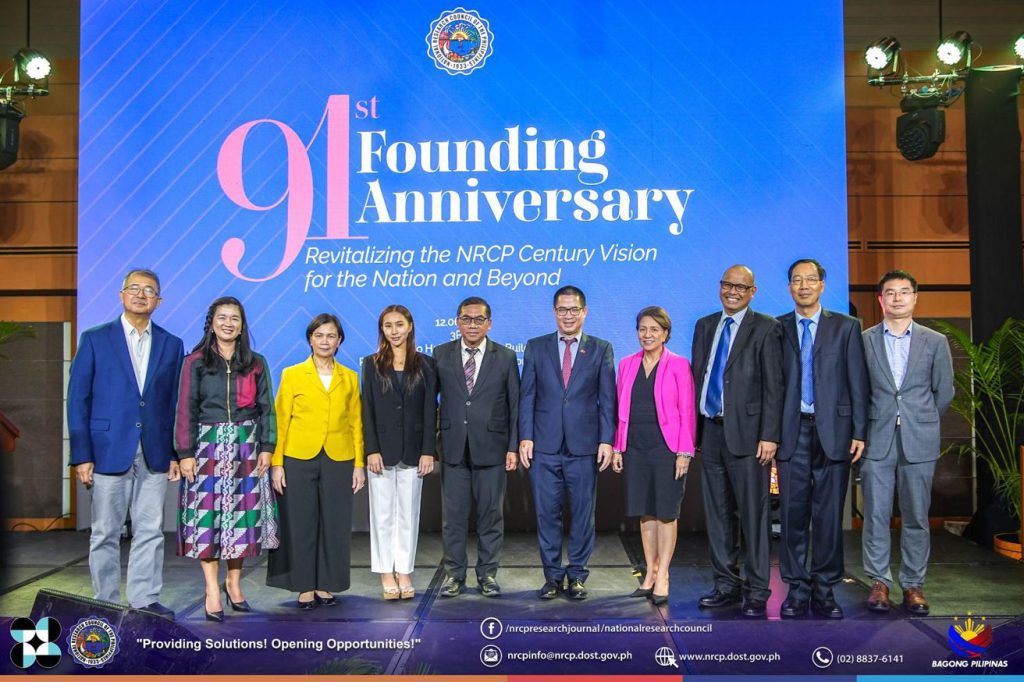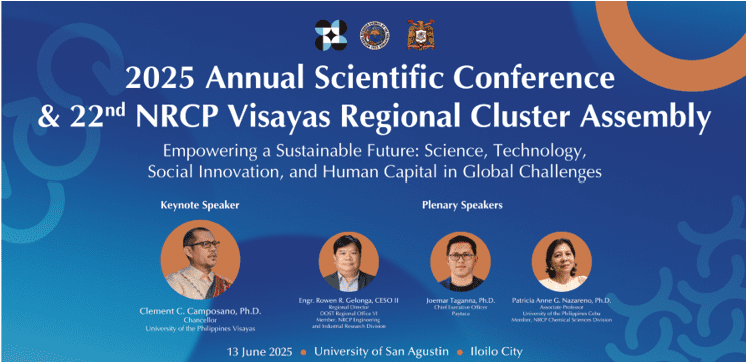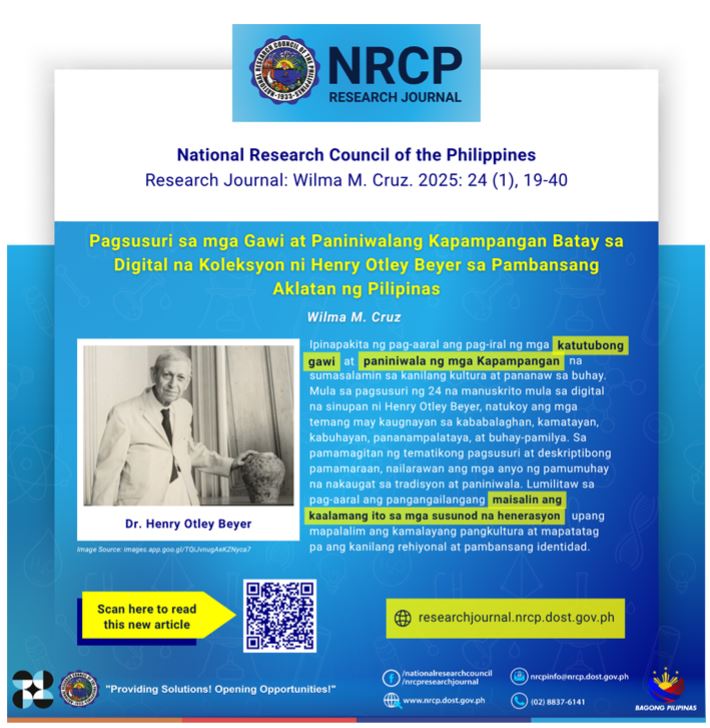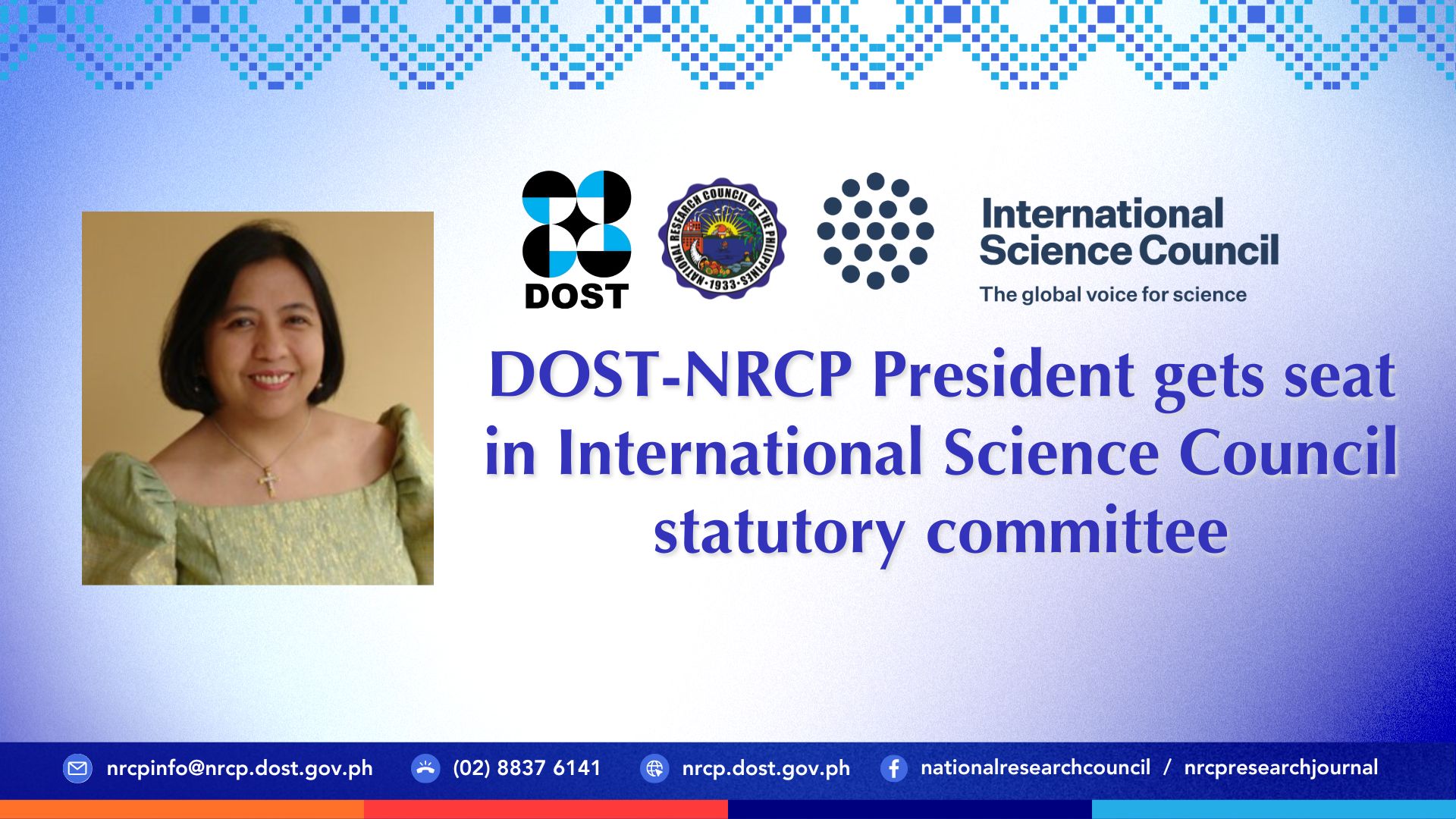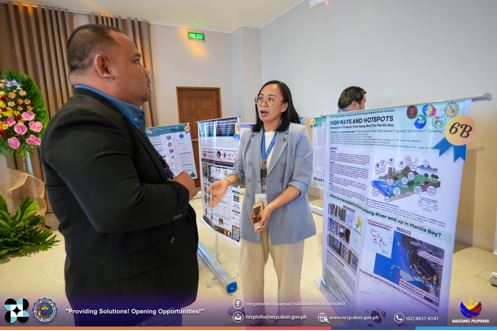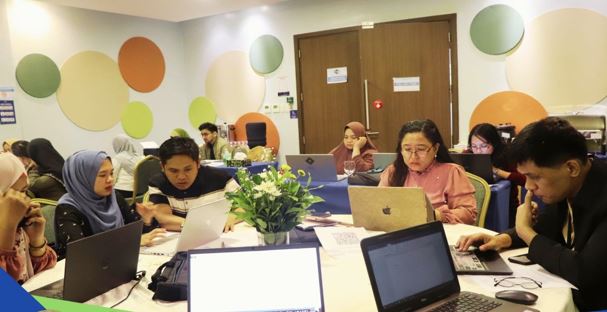DOST-NRCP is GRAND as it celebrates its 91st founding anniversary The Department of Science and Technology-National Research Council of the Philippines (DOST-NRCP) marked 91 years of sustained public service through basic research, revitalizing its vision on the path to a century of scientific excellence. Through its GRAND plan, which stands for Governance Excellence and Efficiency, continue reading : DOST-NRCP is GRAND as it celebrates its 91st founding anniversary
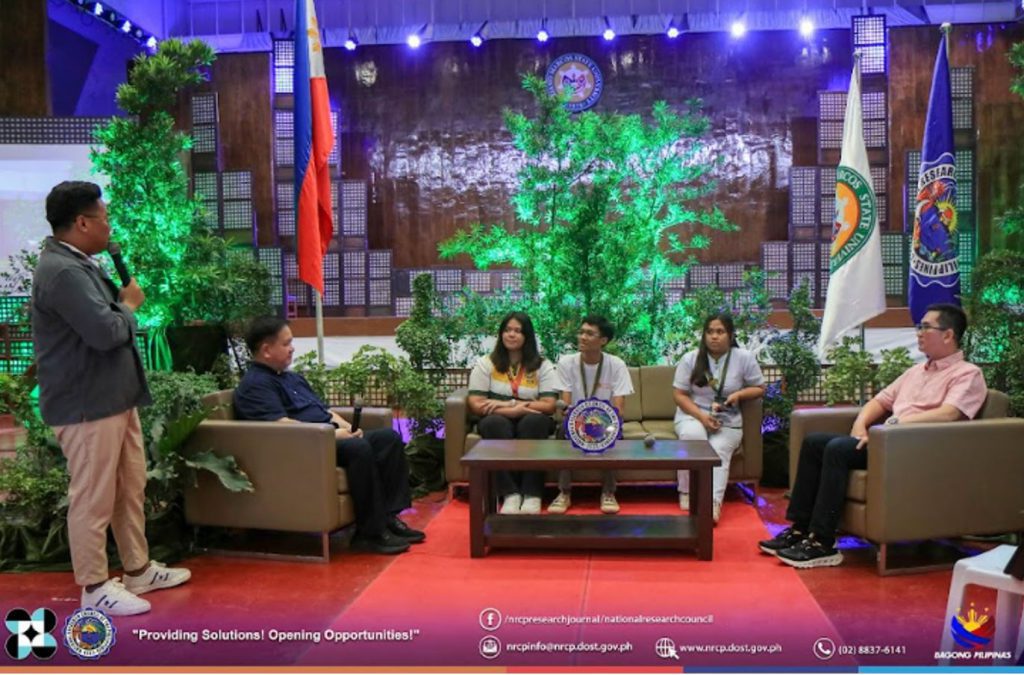
Heartful encounter between Ilocos Norte students and DOST-NRCP researchers
Heartful encounter between Ilocos Norte students and DOST-NRCP researchers “When I was listening, I was amazed by the storytellers’ achievements, which were very inspiring. Then I realized that if they could do it, I probably can too, because they shared that they had humble beginnings, just like ours.” This was the statement expressed by Ms. continue reading : Heartful encounter between Ilocos Norte students and DOST-NRCP researchers

DOST-NRCP shares R&D data to improve management of the Benguet watershed
DOST-NRCP shares R&D data to improve management of the Benguet watershed The Cordillera Administrative Region (CAR) is known as the Watershed Cradle of the North with 13 watersheds and 208,065 hectares service area. One identified resource in need of conservation in the Cordilleras is the Bued River. For the past 20 years, a major portion continue reading : DOST-NRCP shares R&D data to improve management of the Benguet watershed

Most Filipinos in the music industry earn less than P20,000
Most Filipinos in the music industry earn less than P20,000 More than 50% of Filipinos employed in the music industry earn less than 20,000 pesos a month, which almost falls a little over the minimum wage in the National Capital Region. This is according to a national music stakeholders survey conducted with 700 respondents and continue reading : Most Filipinos in the music industry earn less than P20,000

Bacteria from bat fecal matter, a potential source of antibiotic
Bacteria from bat fecal matter, a potential source of antibiotic A mixture of bat fecal matter and excrements, also called bat guano, collected from the caves in Cabalyorisa Cave, Mabini, Pangasinan, Philippines, is found to harbor Streptomyces spp. which produces antibiotics. This finding is based on a study, “Exploring Bat Guano from a Philippine Cave continue reading : Bacteria from bat fecal matter, a potential source of antibiotic
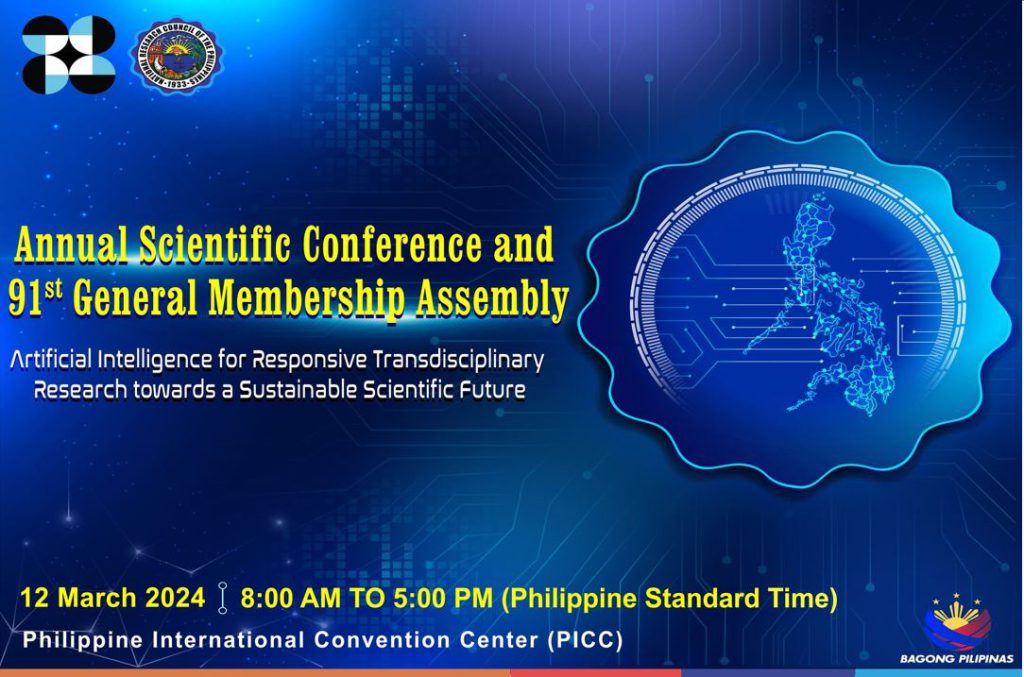
Researchers to gather at the 2024 Annual Scientific Conference
Researchers to gather at the 2024 Annual Scientific Conference There are more than 6,000 Filipino researchers, scientists, experts, and artists who are members of the National Research Council of the Philippines (NRCP), and some of these will gather at the Annual Scientific Conference (ASC) and 91st General Membership Assembly on 12 March 2024 at Philippine continue reading : Researchers to gather at the 2024 Annual Scientific Conference

More research needed to study microplastics found in bangus intestines
More research needed to study microplastics found in bangus intestines “Estimating dietary exposure to microplastics is not possible. Due to the absence of particle toxicity data for microplastics, it is currently not feasible to estimate the potential hazards associated with microplastic particles in food,” Dr. Rey Y. Capangpangan, an NRCP lead researcher said. Capangpangan’s research, continue reading : More research needed to study microplastics found in bangus intestines

A Legacy to Unfold: Life Stories of Sec Boy de la Peña and Doc Vic Ella featured in NRCP iShare Season 3 Episode 1
“A Legacy to Unfold: Life Stories of Sec Boy de la Peña and Doc Vic Ella featured in NRCP iShare Season 3 Episode 1” What better way to kick-off the Season 3 of National Research Council of the Philippines (NRCP) iShare: Stories of Inspiration and Creative Research than by narrating the inspirational success journeys of continue reading : A Legacy to Unfold: Life Stories of Sec Boy de la Peña and Doc Vic Ella featured in NRCP iShare Season 3 Episode 1

Communicating the Language of Disasters to the People
Communicating the Language of Disasters to the People Filipinos are recognized for being resilient and strong fighters in difficult circumstances. We manage to recover from setbacks, emerging stronger and determined to meet the hurdles that arise. There is no doubt that resilience is a useful and highly-adaptive trait, especially in the face of traumatic events. continue reading : Communicating the Language of Disasters to the People

